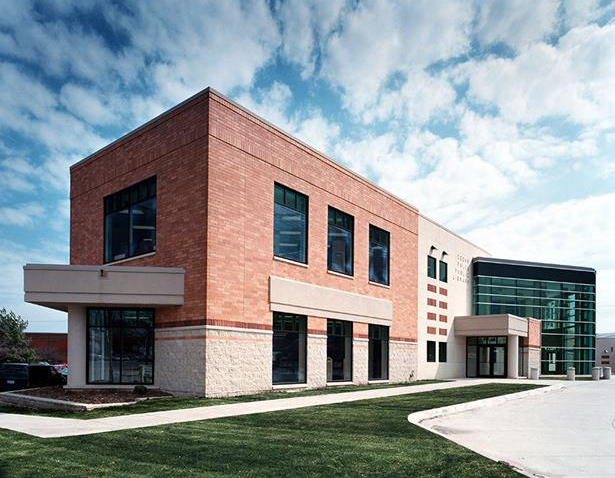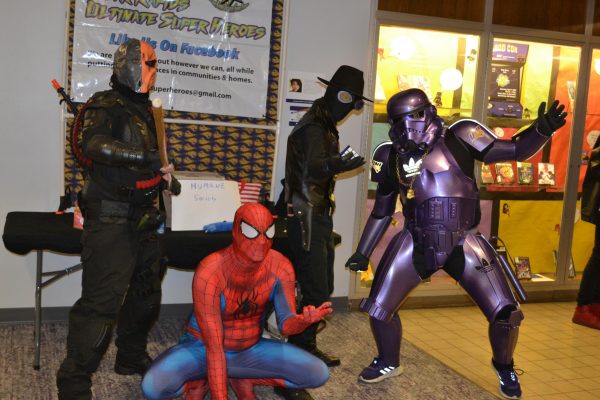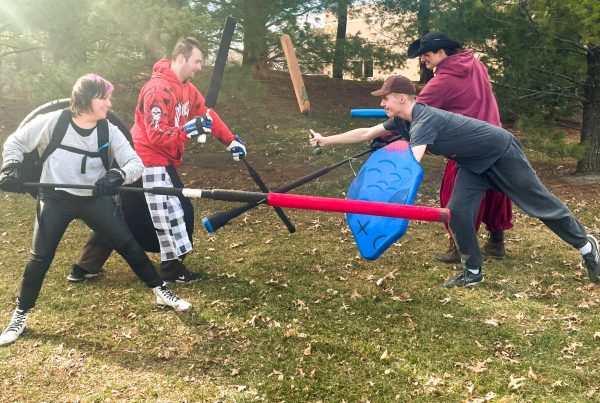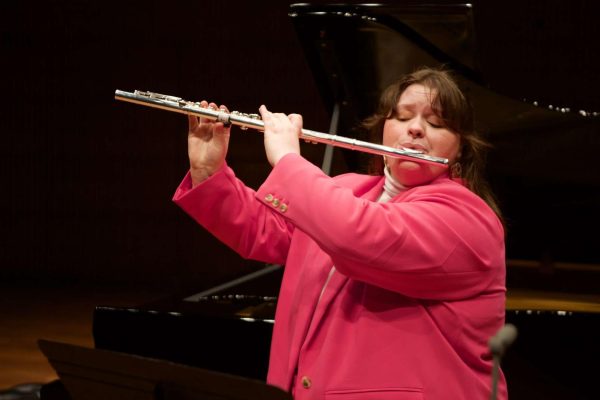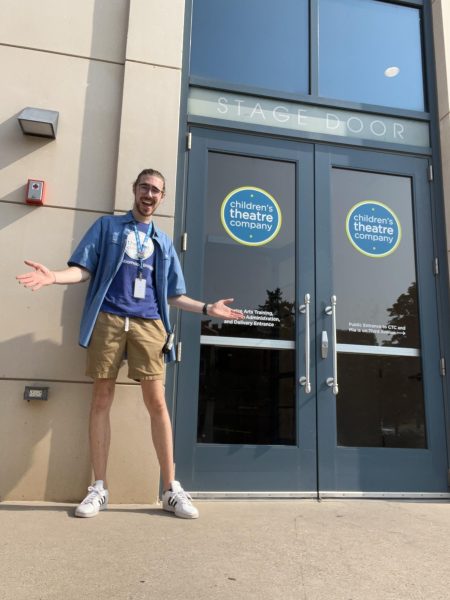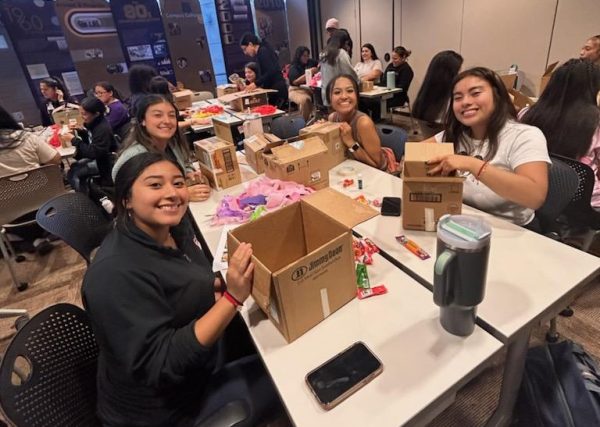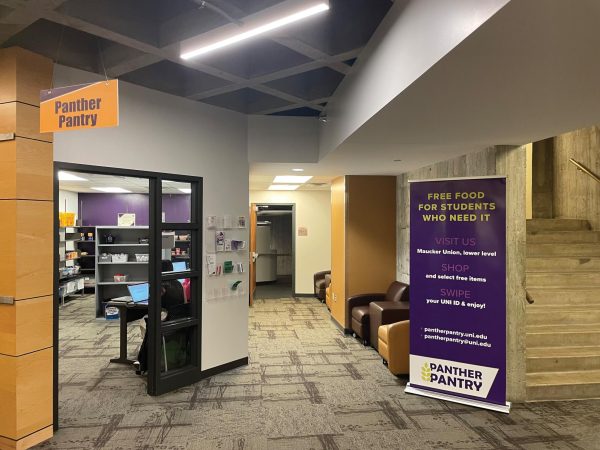The Woman Who Was Forgotten
The Cedar Falls Public Library is hosting UNI associate professor Jim O’Loughlin’s “Connecting Three Cultures” seminar as they perform “The Woman Who Was Forgotten” by Bess Streeter Aldrich.
Oct 16, 2017
At 7 p.m. tonight, Cedar Falls will have a chance to travel into the 1920’s, courtesy of the UNI Languages and Literatures department. Graduate students from associate professor Jim O’Loughlin’s Connecting Three Cultures seminar will be performing a reading of “The Woman Who Was Forgotten” by Bess Streeter Aldrich as if it were a live 1920’s radio show. The performance will be held at the Cedar Falls Public Library.
“There’s a year-long Cedar Falls Authors Festival happening, celebrating the work of writers with a connection to Cedar Falls,” O’Loughlin said. “[A]nd Bess Streeter Aldrich was born in Cedar Falls and went to UNI, but it had a different name back then [. . .] So I have a graduate class that I’m working with, and part of what we’re trying to do is consider different ways that literature can be part of a culture.”
“The Woman Who Was Forgotten” is a short story that follows high school teacher Miss Miller during her retirement in the 1920’s. In the days before social security, Miss Miller finds herself in a poor economic situation. The story also focuses heavily on reminiscing about the past, as the teacher reflects on her experiences from her career.
“[Bess Streeter Aldrich] was one of the most highly paid and popular writers for magazine fiction in the 1920s,” O’Loughlin said. “So, I think part of the event of this year is to kind of make sure that the [. . .] writers with a local connection are given their due.”
O’Loughlin divided his students into three different groups, each with different assigned tasks. One group focused on promotion. A second group was tasked with costumes and design. The final group was responsible for editing and printing the script.
“[T]he way we adapted it [is] more comedic in a way that you still get the message of the story,” said Polly Alfano, is one of the students in O’Loughlin’s class.
“It’s still there in the adaptation, but since we give it a format for a live radio style show, it’s a lot more [. . .] engaging with the audience,” Alfano said.
According to O’Loughlin, a format that imitates a live radio show was chosen due to radio being the popular medium of entertainment during the 1920’s.
“Like any adaptation, some parts are missing,” Alfano said. “But since it was a very short story [. . .] we managed to at least express the main idea of the story.”
While some of the students have some acting experience, others have none.
“It’s a format that lends itself to being done by non-professionals,” O’Loughlin said.
There will also be an audience participation portion of the evening that will encourage audience members to think back on past teachers that have impacted them. Artifacts from the 1920’s, courtesy of the UNI Museum, will be displayed, and there will be a raffle for a $25 gift card to Barnes and Noble.
“I also feel like it’s a completely different event,” Alfano said. “The literary events at least maybe are a little [. . .] boring at some point. They’re just like reading something out of a book. But this is going to be a cool adaptation that I feel like it’s going to entertain not only English major students but [. . .] anyone in the audience.”


